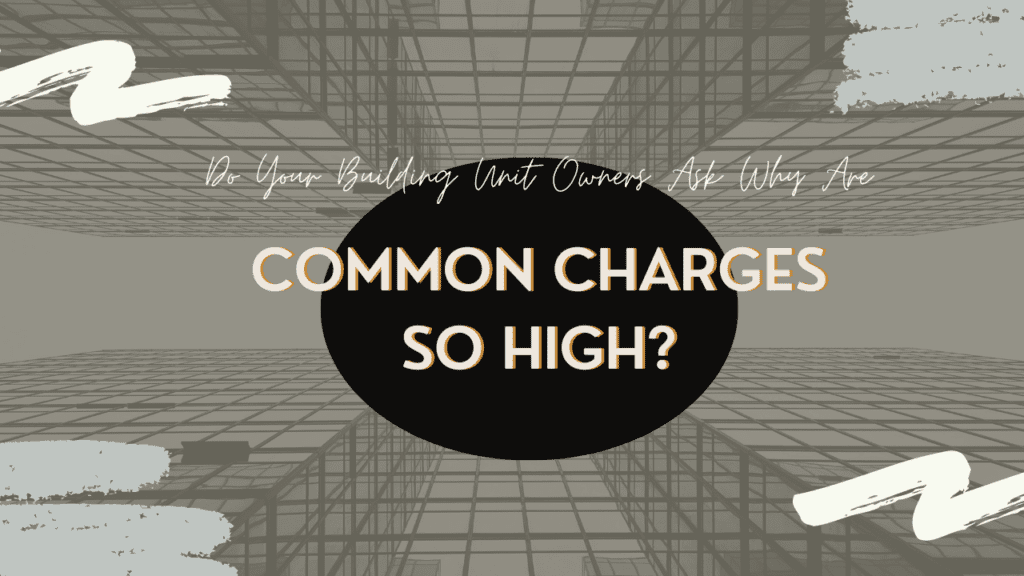
No one likes paying more than they have to for things like maintenance, repairs, and other common charges. If you’re on the board of a condo association, HOA, or co-op, and your owners want to know why their costs keep going up, you need to be transparent. You’re a homeowner too, and you’re suffering from the same sticker shock in some cases.
Make sure you have a plan in place for responding to these questions and complaints. Working with a Harlem property management company that specializes in communication and cost control is always a good way to manage the message.
Explaining Taxes and Abatements to Owners
Co-op common charges that seem high are likely to include each owner’s share of the building’s property taxes. The real estate taxes for the land and the building are charged back to each unit owner, and in upper Manhattan, those taxes aren’t cheap. If the co-op receives an abatement or a credit, those reductions (which are extremely complicated and often seem arbitrary) can be credited to the owners. But, when you have a different set of tax breaks for each owner, which often happens in co-ops, it can be frustrating and difficult to explain. Even owners with the same number of shares may have different tax burdens, depending on the age of the owner and whether they have a disability.
The size of a building’s mortgage is also going to impact those common charges. Help your owners to understand the debt that everyone is responsible for paying down and the steps you’re taking to make that more manageable. Perhaps you’re negotiating a lower interest rate or refinancing into a new loan. Transparency and accountability will help your owners understand and appreciate your efforts.
Size Matters in Harlem Residential Buildings
The number of apartments or units in your building will also have a major impact on maintenance fees and common costs. Smaller buildings will obviously have fewer shareholders. So, the financial burden will feel a bit heavier on your owners if there aren’t enough of them to share these costs. If you’re in a 10-unit building and the furnace has to be replaced, it’s going to feel expensive.
Increasing your numbers makes the expense easier. Limit your vacancy as much as possible and try to get every unit filled. If you have set aside $350,000 to pay for staffing throughout the building and management fees and preventative maintenance, your 50 owners in a smaller building have to share that cost. But, if you are at full capacity and have 60 owners sharing that cost, you’re going to have happier residents. Increasing the building occupants will not increase the staffing requirements.
Basic amenities
You don’t have to have a deluxe rooftop oasis or indoor pool to raise your maintenance costs. The lobby, hallways, a simple workout area, the laundry room, storage facilities all need to be maintained.
“That’s also part of what you own,” says John Harrison, a broker at CORE. “It’s not just that box [you live in] that’s causing you to pay more. What else are you getting?”
Mismanagement Costs More – Always
 If a co-op is not paying careful attention to what’s coming in and what’s going out, of course there will be unnecessary expenses and waste that irritates your owners. No one wants to lose cash because of bad management. But, that happens more frequently than you might imagine.
If a co-op is not paying careful attention to what’s coming in and what’s going out, of course there will be unnecessary expenses and waste that irritates your owners. No one wants to lose cash because of bad management. But, that happens more frequently than you might imagine.
Overspending, neglecting to negotiate rates with vendors, and not shopping around for better insurance will create higher costs for unit owners. Not collecting fees and dues from fellow owners is also going to cost the others in the building. Negotiate down those real estate taxes if you can.
All of these things can be identified as possible money-savers by a Harlem property management company, especially one that specializes in working with condo associations and co-ops. Invest in great professional management, and you’ll find you’re able to keep costs down for your building. Contact us to learn more.
Harlem Property Management is the authority on co-op and condo building management in Upper Manhattan and a member of the Real Estate Board of New York. We specialize in managing condos, co-ops, and multi-family buildings up to 99 units.
